
Decoding DAOs: A New Frontier in Corporate Governance and Luxury Branding

Welcome to the future of organizational governance — a world where decision-making is decentralized, transparent, and inclusive. In this blog, we'll explore the fascinating realm of Decentralized Autonomous Organizations (DAOs), delving into what sets them apart from traditional organizations, the benefits they bring, the challenges they face, and the potential for implementation in luxury businesses.
Decentralized Autonomous Organizations, or DAOs, represent a groundbreaking shift in how we structure and operate organizations. Unlike traditional entities with centralized control, DAOs leverage blockchain technology and smart contracts to automate decision-making processes. Think of DAOs as self-executing digital entities governed by a set of rules encoded in smart contracts on a blockchain.
In the realm of traditional organizations, decision-making is often centralized, flowing from the top down in a hierarchical structure. DAOs, on the other hand, distribute governance among their members, enabling a more democratic and inclusive decision-making process.

So, what benefits do DAOs bring to the table? First and foremost, they eliminate the need for intermediaries, fostering a more direct and collaborative environment that can lead to increased innovation and efficiency. The transparency of blockchain ensures that all members can verify transactions, promoting trust without relying on centralized authorities. Furthermore, DAOs operate on a global scale, allowing individuals from anywhere to participate, fostering diverse collaboration and access to a global talent pool. Token-based governance within DAOs aligns the interests of participants with the success of the organization, creating a more incentive-driven ecosystem.
However, like any transformative technology, DAOs come with their own set of challenges. The complexity of smart contracts can lead to vulnerabilities, as seen in historical incidents. Thorough auditing and testing of smart contracts are crucial to mitigate these risks. Navigating regulatory frameworks also remains a challenge, requiring ongoing efforts to ensure compliance and legitimacy. Achieving consensus in a decentralized environment can be challenging, leading to potential conflicts and delays in decision-making.
Now, let's envision DAOs in the context of luxury businesses, such as the renowned brand VERTU. In this paradigm, luxury brands could redefine VIP treatment through DAOs. VERTU could issue VIP tokens, enabling holders to vote on exclusive events, limited edition releases, and personalized rewards. This decentralized approach aligns with the exclusivity and sophistication that defines the luxury industry.

In conclusion, Decentralized Autonomous Organizations represent a paradigm shift in organizational governance. As we continue to navigate this digital age, the potential for DAOs to transform industries, including luxury brands like VERTU, is an exciting prospect. By embracing transparency, decentralization, and token-based governance, organizations can pave the way for a more inclusive and innovative future. Welcome to the era of DAOs — where the power lies in the hands of the many, not the few.


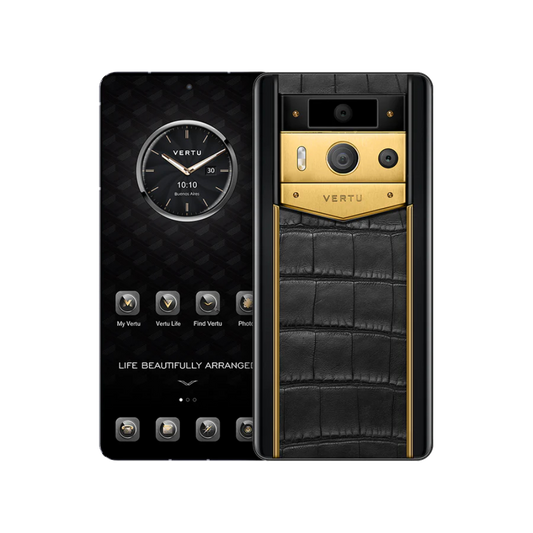
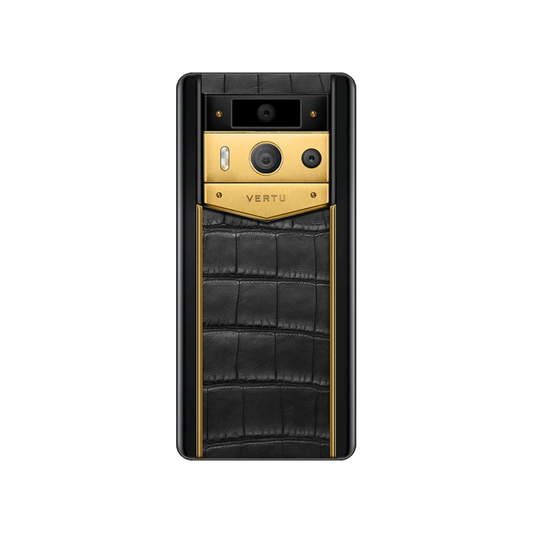
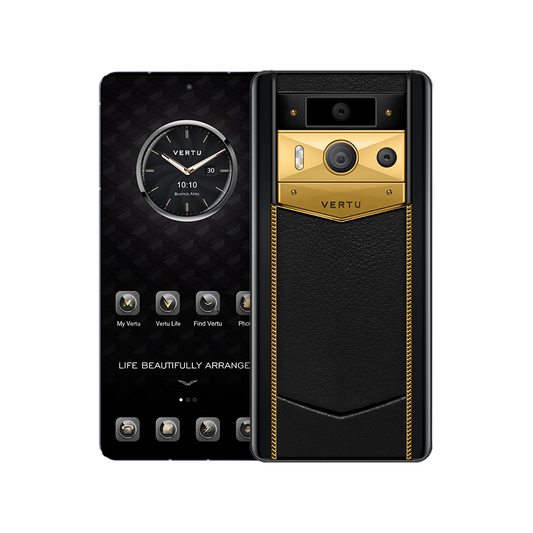
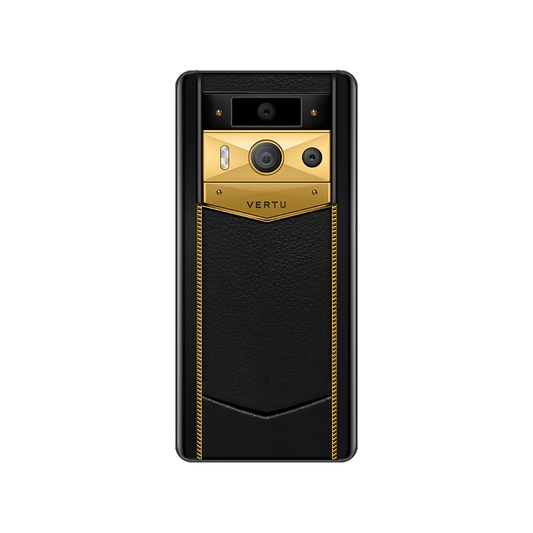





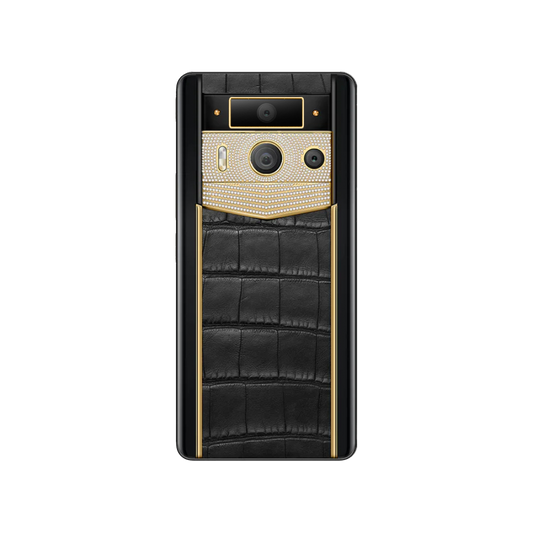



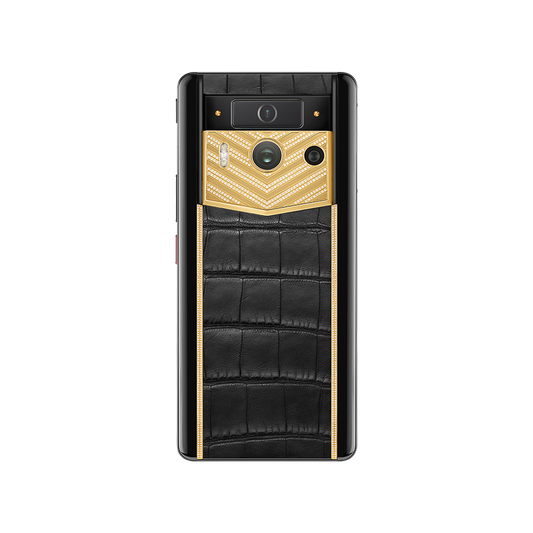



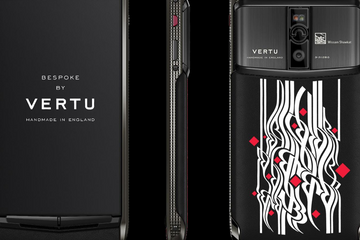
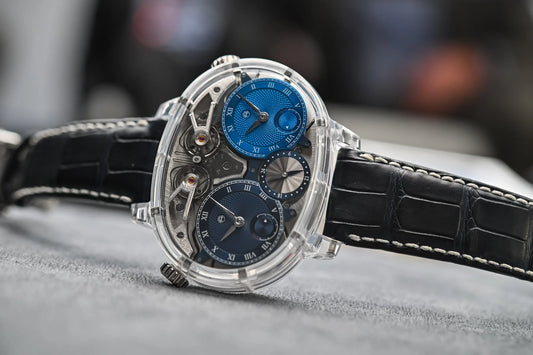


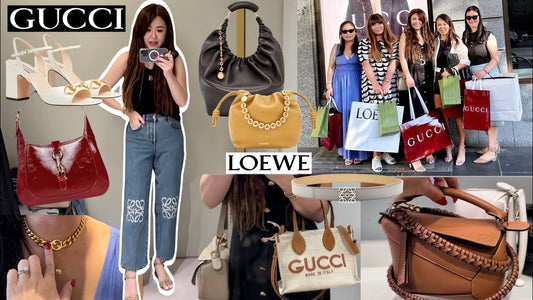
No comments